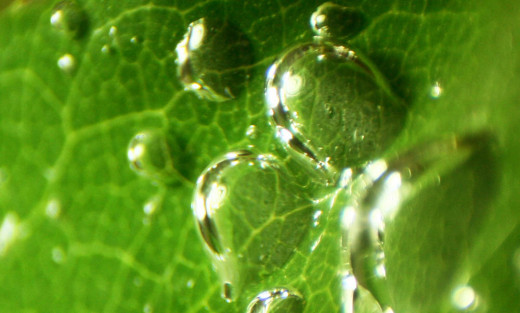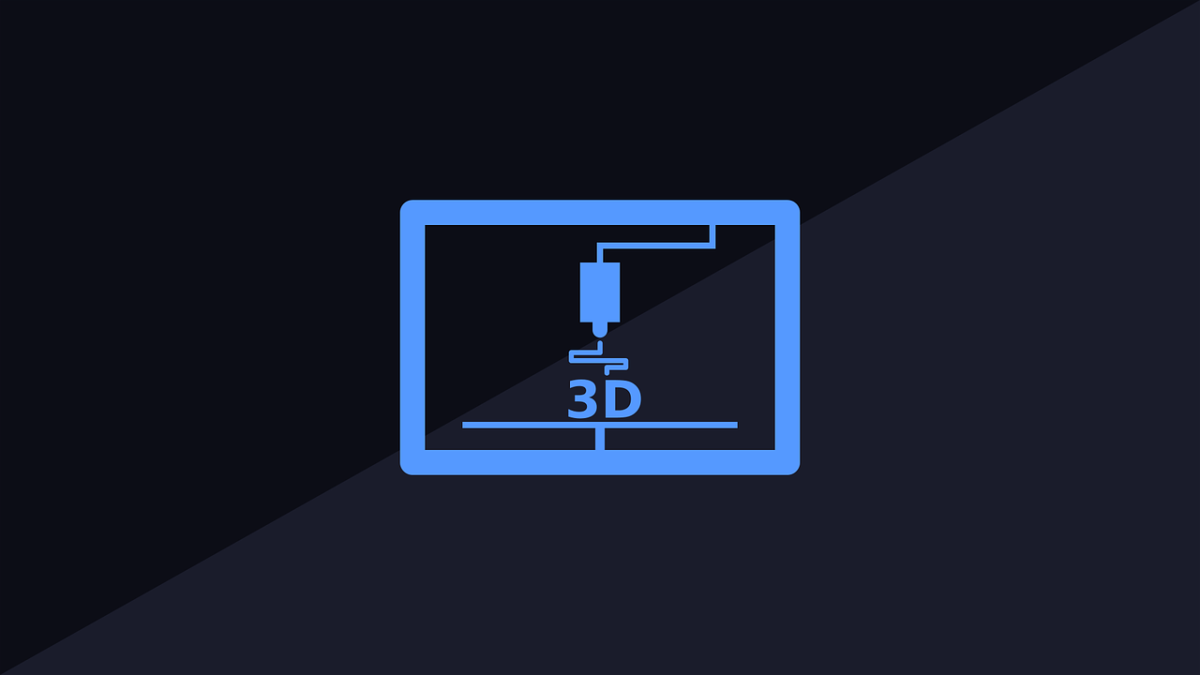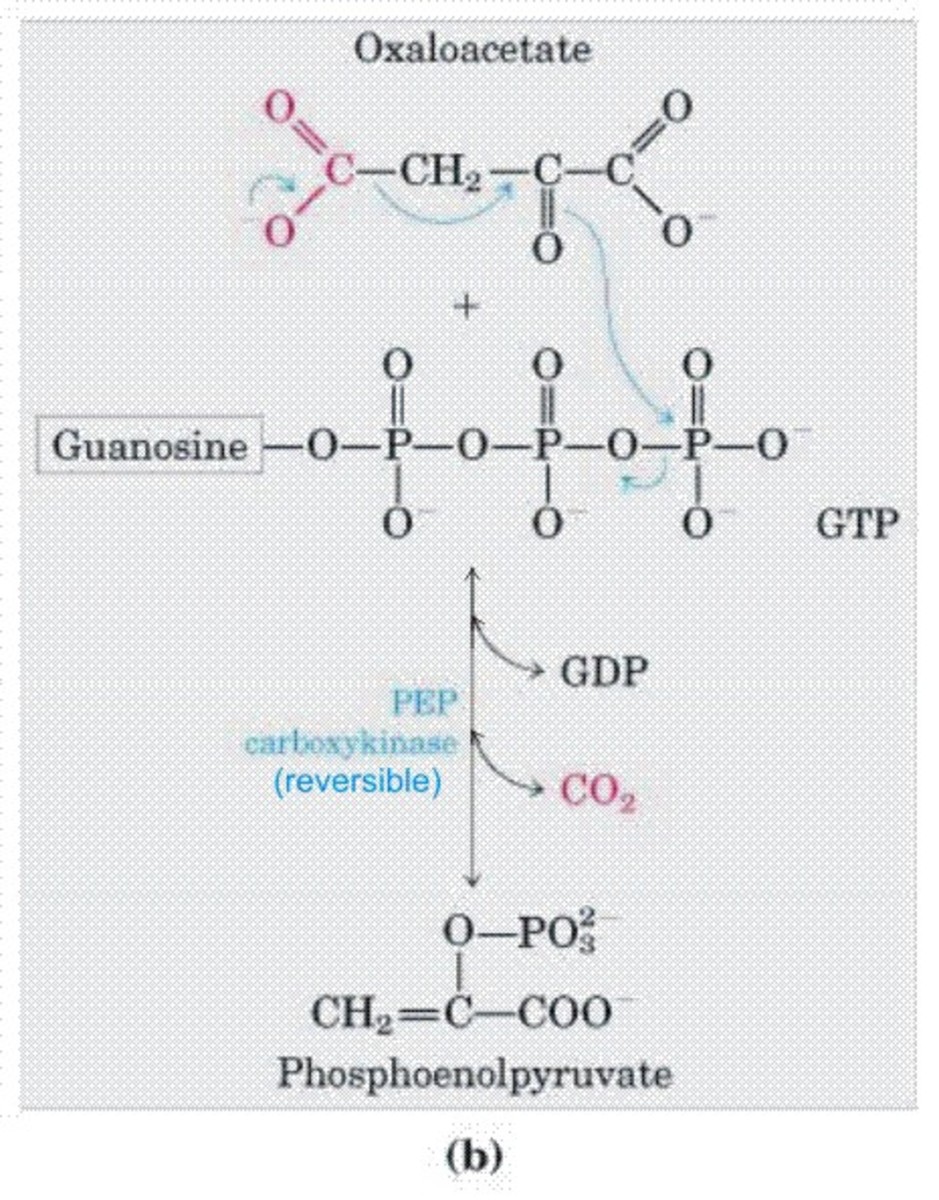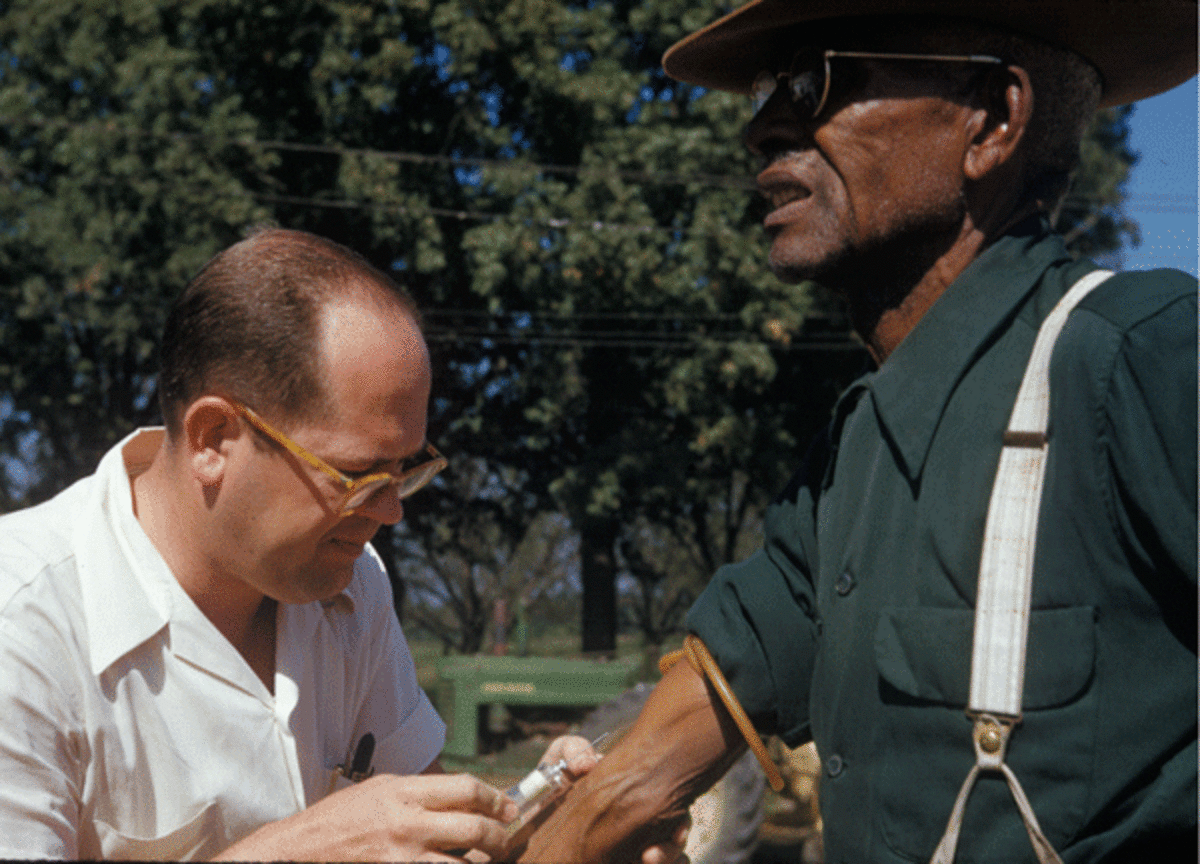3-D Printing Is Already Changing The World and There's Much, Much More To Come
A Girl Receives the Gift of a Functional, Customized, 3-D Printed Gripping Hand and Arm
Look Around, 3D Printing Technology is Already Changing the World and It's Likely to Change Your Life
Many types of technology are currently changing our world at an amazing rate. There's one piece of technology that is already beginning to change our culture and economy in ways few seem to be pondering. It's something we should all pay close attention to in the coming days, months, and years because it's bringing changes to the way we will live that may be as numerous and expansive as those brought by the invention of the wheel!
As soon as I read in-depth about personal 3D printers about a decade ago, I realized they were going to be a powerful lever for positive social change. The possibilities were so many that I walked about in a glow for almost a week.
I'm still excited by 3D printers and I've now seen a great deal of evidence that my first impressions were correct. Fortunately, my fears that the massive corporations dependent on mass manufacturing would see what I'd seen and crush the emerging technologies have proven groundless. They don't even seem aware of what's happening and other large corporations have invested too deeply for home 3D printing to be killed off in its cradle if they ever do wake up and smell the future.
If you don't understand what great changes I'm talking about, I request that you read on and imagine with me for a time while I paint a picture in words for you.
Medical Breakthroughs
The medical possibilities and breakthroughs presented by 3D printer technology are probably the most obvious. The following list presents only the thinnest edge of the tip of the iceberg. This list will continue to grow as I have time until the advancements outstrip my ability to keep the page updated.
* Human cell printed replacement organs are already in research and development. One group has produced a quasi-organ that beats like a heart, a step on the way to the real thing.
*A human cell meniscus replacement is just about ready to go into someone's knee to restore pain-free function to that joint. Just a bit of tweaking is needed first.
* Molecular 3D printers will soon be able to create targeted drugs by printing them off molecule by molecule. This provides exciting new possibilities for gene-targeted cancer treatments among many other uses.
* Precisely custom, made-to-order, artificial joints and pieces of pelvis have already been printed off and installed in human beings.
* Slow release printed drug-delivery nano-particles are in research and development. They'd be able to slowly release things like targeted chemotherapy right where it was needed when it was needed.
* Custom heart valves
* Medical nano-machines, microscopic robots for delivering medicine and destroying cancer tumors, made with this technology are in research and development stages.
- Surgeon Turns Horrid Tumor Prognosis into Amazing Story by 3D Printing a Pelvic Prosthesis - 3DPrint
3D printing has been used more and more often in medical practice. Doctors and surgeons are beginning to really realize the benefits associated with the use of this technology. - 3D Printing Saves a Woman's Kidney: Surgeons perform impressive renal tumor surgery - 3DPrint.com
When it comes to performing surgeries on vital organs, today's advanced imaging techniques such as CT scans, MRIs and advanced ultrasound machinery have allowed doctors to take a peek inside the human body before they actually open a patient up.

But Won't People Print Off Drugs At Home?
It seems unlikely that molecular printers will be affordable enough to make that worthwhile anytime soon and the specialized parts necessary would make them very easy to trace and shut down.
Access To Medical Appliances
3-D printing is also increasing access to currently prohibitively expensive medical appliances. I predict that access will be expanded greatly within the decade.
* Many eyeglass frames can be printed off and , while not yet widely available, lenses can be printed off as well.
* Custom shoes and orthotics
* Hearing aids
* Temporary teeth and dental drilling guides
- Worlds first fully 3D printed glasses by LUXeXceL - LUXeXceL | 3D Printed Optics
LUXeXceL created the world's first fully 3D printed glasses. With their technology for 3D printing optics, both frame and lenses were 3D printed directly.
But Won't People Print Off Guns?
Yes, indeed, people already have and probably will continue to print off guns. It is, however, a waste and misuse of potential much like huffing spray paint instead of using it to seal out rust or to make something look nicer. People don't even need 3D printers to make guns at home, they just need a few basic tools and materials.
Imagining The Everyday of Tomorrow
Many of the medical and technological applications of 3D printing technology are fairly obvious, but I think that the everyday applications may just be what makes some of the biggest changes in our culture and economy. The equipment and printing materials are not quite cheap enough or available enough to do what I've imagined in the paragraphs below, but they are darned close. Barring interference, my imaginings will be in our homes and lives within the next decade. In fact, I think my imagination will prove to have fallen far short of reality once the 3D printing revolution comes fully online.
∞
Ellie comes back from the farmers' market and folds up her printed electric scooter after getting off and removing the handled cargo baskets from the back of it. Speaking into her bracelet a reminder for herself to print off a larger, different style of cargo basket for it before her next trip, she enters her home. As she's putting away her groceries, she collects the product packaging she has removed from the food she has put in the refrigerator and puts it in the dishwasher along with the empty cargo baskets.
When the dishwasher finishes its cycle, Ellie puts the cargo baskets along with an egg carton, some fruit boxes, and a salad bowl she's no longer fond of into the recycling unit where it is all ground up, heated, and extruded back into printing media. Noticing a stack of clean egg cartons sitting beside the recycler, she puts those in, too. While waiting for it to finish, she sits down on her favorite chair in front of the television and uses her bracelet to go to a website that has a nice variety of cargo baskets for her scooter. Displaying them on her TV, she looks through a selection of larger baskets until she finds one she likes and sends it to her printer to make two copies.
The printer beeps an alarm tone, indicating it doesn't have enough media to print two cargo baskets so she removes the still-warm spool of print media from the recycling unit and installs it in the printer. As Ellie removes her new baskets from the print bin, her son enters the room and says, "Aw, mom, I was saving those egg cartons to print off a skateboard skin!"
She responds, "It's OK, there should be plenty of media left. If there isn't, I'll go through my closet. There have to be some shoes I haven't worn in a while that you can use."
"Yeah, I probably have a few things that could go in, too," he replies, "I need to clean my room anyway."
Ellie checks her email and sees she's gotten a carbon copy of an email to her grandfather informing him his print order for a new heart would be completed tomorrow and asking him to schedule an appointment to get it installed. Speaking aloud, she says, "Call grandpa."
Ellie converses with her grandfather, making arrangements to pick him up after his surgery, smiling fondly as he goes on and on about how before 3-D printers he'd have had to stay in the hospital for days after such a procedure. She agrees that it's a good thing they have nanos to stick him back together right away.
What Does All This Printing Mean To Society In The Future?
It means a greener, more creative, and more equitable society. It means a major change in the way our economy works and a major shift in how human beings and their actions are valued by society.
That's an awful lot to put on a single field of technology, but I think it's accurate.

How Will It Help Us Behave More Responsibly Toward Our Environment?
Once home printing replaces a large share of manufactured goods, it will become far less necessary to ship many items great distances. This would reduce emissions and wear and tear on roads.
Print media would still need to get into homes but it could be produced locally. Print media made from algae is already in production and it could be made almost anywhere. While that only covers plastics, other types of print media could be produced locally as well. More exotic media could be shipped in but it could be shipped in large supplies, rather than in manufactured item by manufactured item.
Print media can be recycled, likely right inside the home as well as in the community. This would result in far less trash going into landfills and far less pollution going into the environment.
But the biggest way it will help the environment is by reducing the number of factories that mass produce items wastefully. This scares a lot of people, but one good deep look at climate science and the near future of the earth, and it gives me hope, instead. If we can give up wasteful factories that mass produce plastic items soon enough, we may see less destruction from climate change.
- Algae 3D Printing Filament - 3D Printing Industry
Filament manufacturer 3D Fuel and biomaterials company ALGIX have teamed up to create algae-based 3d printing filament.
How Will 3D Printing Technology Help Us Become More Creative?
With 3-D printing available to almost everyone, people can make more choices about the items they use in their everyday lives. They can design things suited to their individual needs.
Already, people with good ideas and not a lot of money are bringing substance to their vision and creating innovative devices and items. It will no longer require the backing of someone with a lot of money for individuals to make innovations from life-changing to merely enjoyable. The act of creating custom physical objects will no longer require high-level self-promotion skills, credibility with people in power, or social status. Such ideas can become as popular as they are good, no matter who comes up with them.
How Can It Make Society More Equitable?
3-D printing is already making society more equitable. It's making more advanced prosthetic devices available to people who previously had no hope of affording them. It will spread access to medical devices. It will allow poor people to have medical care reserved only for the upper classes as the physical goods required to provide that care become cheap and readily accessible.
As it brings down the cost of goods by reducing fuel used to create them, almost everyone will be able to afford eyeglasses, prosthetic limbs that fit well, shoes that fit, and many of the comforts we associate with a high standard of living.
I believe it will create a shift of wealth from people who manipulate money and use it to buy ideas and experts to people who create.
- 3d printed prosthetic hand | Enabling The Future
3D printing has made prosthetic, gripping hands accessible to more people, including children who would usually have to wait until they finished growing and saved up money to be fitted for prosthetics.







